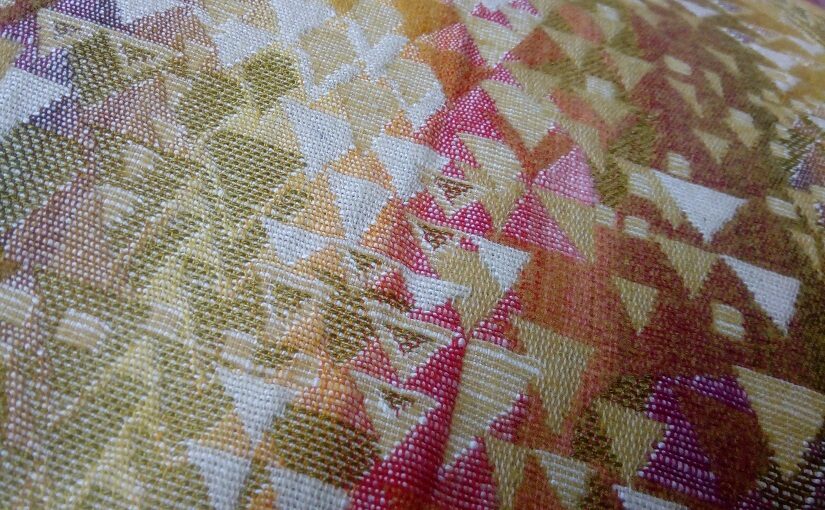How easy is it to judge others? To wander into the realms of their being and cast forth our thoughts about how their life is, what it means and all the obvious improvements they could make. To laugh at mistakes or choices we would never make, somehow imagining “our” way of being and thoughts about life to be the right ones – if only others could see things as we do and do as we say.
Sometimes it seems we’re almost being “trained” in that kind of deconstructive thinking. Don’t all these shows we watch and conversations we have model exactly how we could be picking everything apart; dissecting intentions; evaluating appearances. As if that’s the only way to approach life: critically. As if the world’s just there, waiting for us to cast judgement upon it all. (Notes One)
Yet, aren’t all of our thoughts, beliefs and ways of being deeply tied up with “who we are” as people? Everything standing within the framework of “the human life” and growing out of all we’ve lived through and come to think about it. All the words, gestures or estimations of worth others have cast in our direction. All the conclusions we’ve reached or ideas that we came to believe. (Notes Two)
Don’t we all have different things that speak to our soul? Different interests – be they cultural, literary, visual, or whatever else – that, for us, make life sing in colours that make our own worth living. Who’s the say which “style” is best? Which way we should grow our hair, hold ourselves, speak or act in the world. How we should be presenting our homes, our online presence or our selves to make the best impressions.
If all we hear when we look in the mirror is the judgements others have made – or, might make – of us, how are we to live? Won’t we always be hearing criticism? There’s presumably always “something” we can attack; something that could be done differently or, perhaps, better. In a world full of options, we could spend forever trying to find exactly the right ones or arguing between the relative merits of them all (Notes Three).
Almost as if all we’re doing here is trying to make “them” wrong and “us” right. Anything we do could be done another way. Any position we’re choosing to take could be harnessed into a watertight defence and ridden confidently through all the other opinions. We might pass all our time telling others where they’re mistaken and convincing them to agree with us.
When it comes to others’ lives, though – their choices, wounds, ideas, experiences, struggles – are we ever “right” to wander into their space and cast judgements? If each person’s a house, filled with all their life has furnished them with, what does it “mean” to walk in, pull everything off the shelves, critique it all, then say we’re doing it to help them? Who are we to say what they’re living with, hoping for, or trying to achieve?
Notes and References:
Note 1: Society that doesn’t deal with the soul
Note 1: Thoughts of idealism and intolerance
Note 1: What is it with tone?
Note 2: The stories that we hear
Note 2: Where do we get our ideas from
Note 2: Frameworks of how we relate
Note 2: Personal archaeology
Note 3: Absolute or relative value?
Note 3: Tempting justifications of self
Note 3: Meaning in a world of novelty

